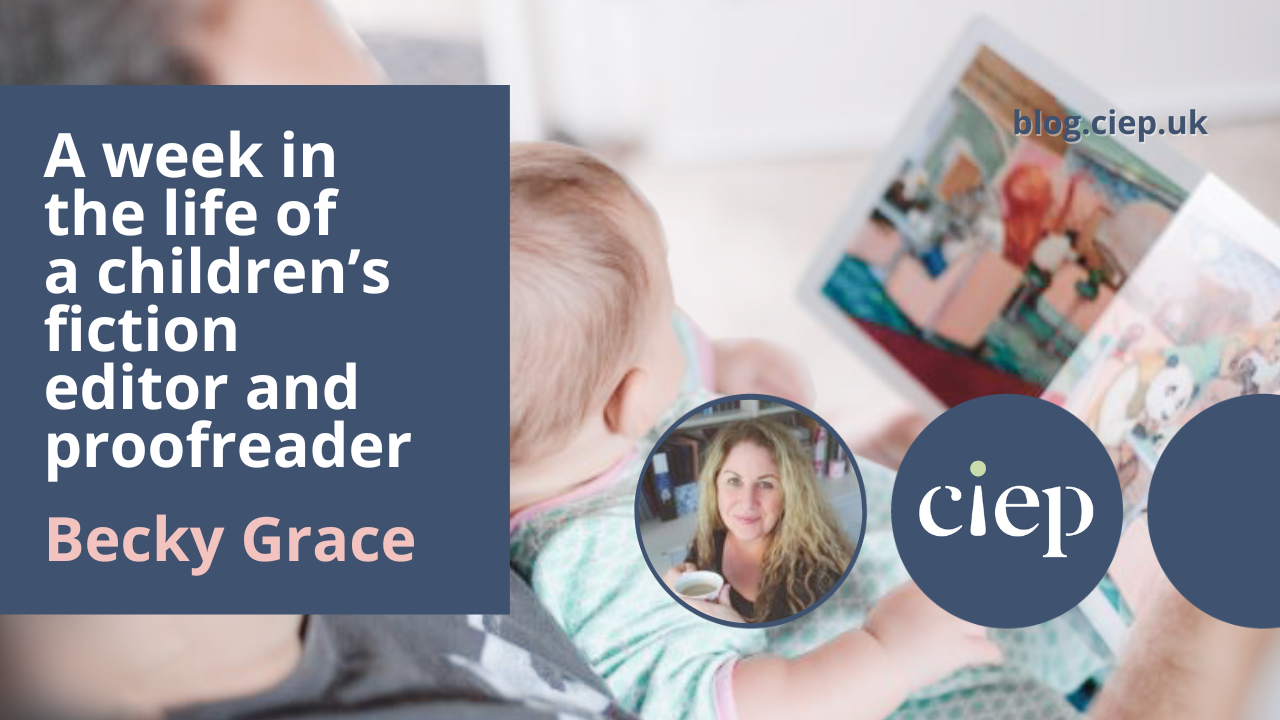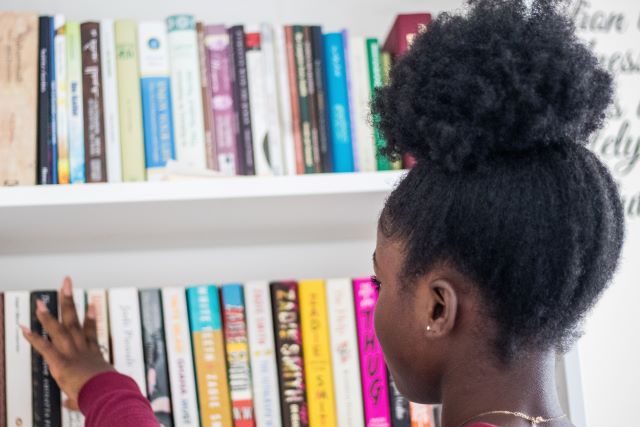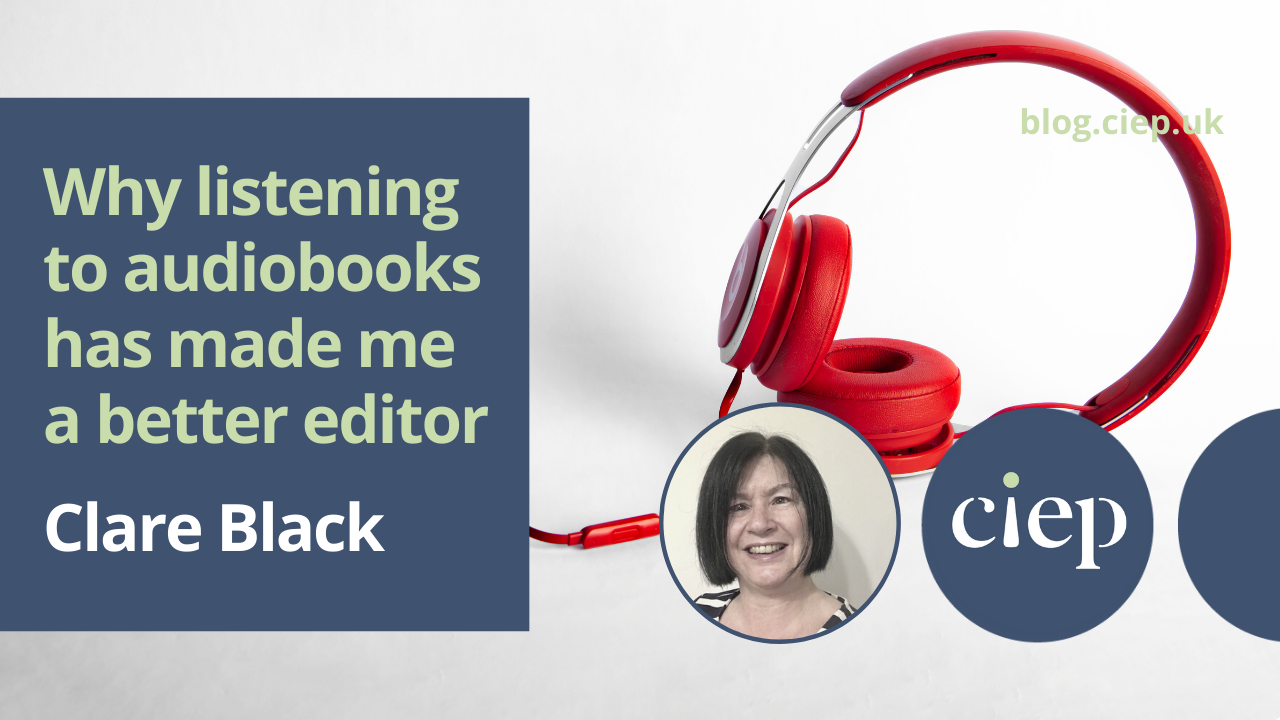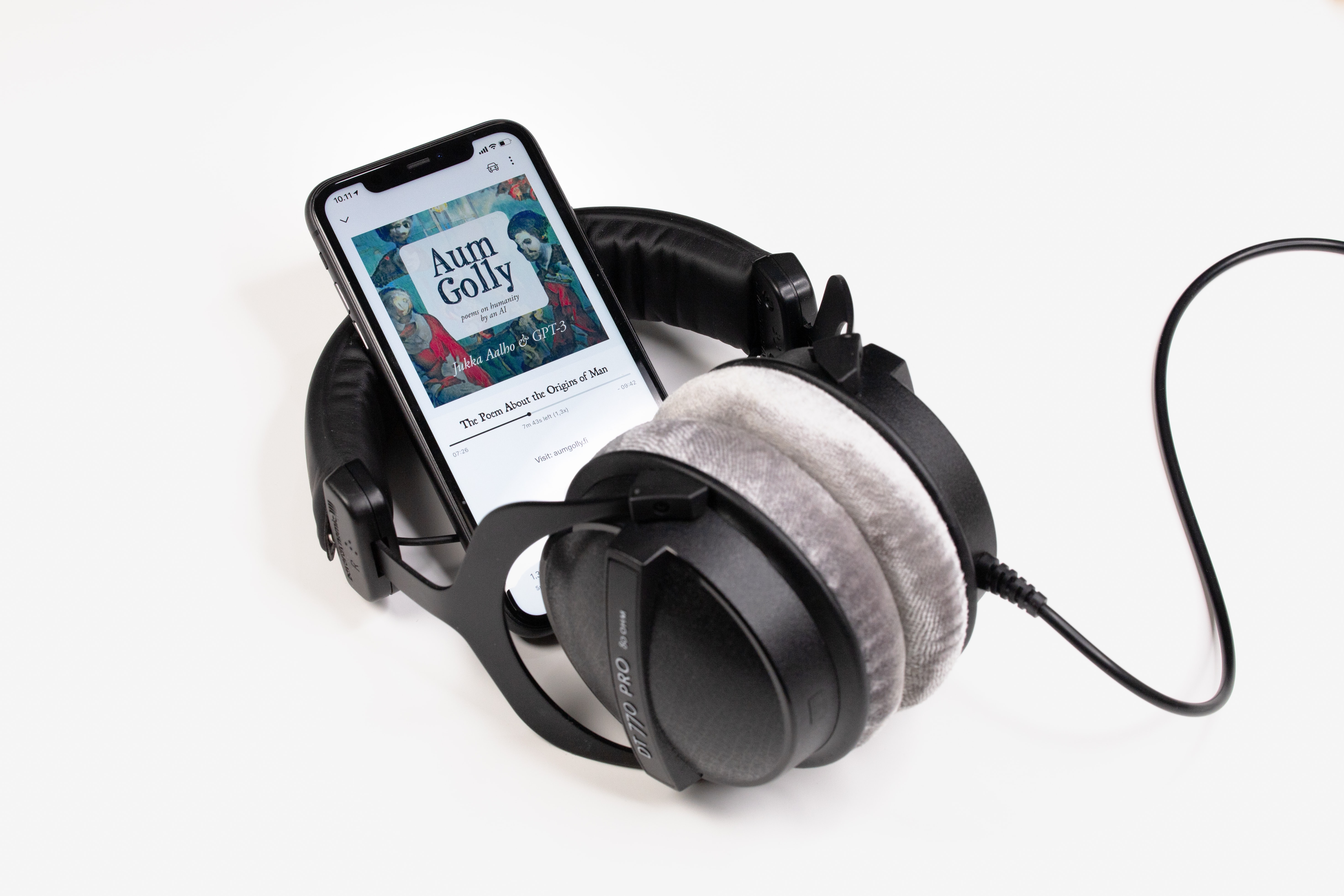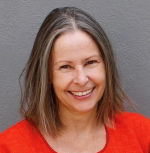Becky Grace is a freelance children’s fiction editor and proofreader. In this post she describes her unconventional route into the industry and how an average week unfolds.
An unconventional background?
For 15 years I taught politics and sociology in a secondary school in Kent, until I decided it was time for a complete change of career. Considering my teaching specialisms it might have made sense to focus solely on editing and proofreading educational textbooks, but my time in schools – and my additional role as a literacy coordinator – had sparked a passion for children’s literature. With no formal background in publishing and editorial work, I set about retraining with the courses available through the CIEP and fiction-specific courses provided by other editors (Louise Harnby and Sophie Playle have some amazing courses in this area). At the same time I embarked on a masters in publishing.
Changing career and retraining in your forties is quite a daunting prospect but thankfully I wasn’t doing it alone. Quite coincidentally, my sister was going through her own career change and we found we were heading in the same direction. We set up a freelance editorial business with a focus on children’s fiction, and Inky Frog Editorial was born. Our specialisms complement each other perfectly: Jess works with picture books, early reader chapter books and middle grade novels; I focus on middle grade and young adult novels. It is a partnership that works well for us.
As someone completely new to the publishing industry, I honestly found the best thing to do was to throw myself into the CIEP and learn everything I could. I volunteered to coordinate my local CIEP group and have now joined the CIEP’s Learning and Professional Development Committee. From reading fact sheets and guides, to taking the courses and attending the conference (albeit virtually), I have immersed myself in the world of editing and proofreading.
Over the last few years of running the business, I’ve realised that there’s really no such thing as a ‘typical’ week, which is perhaps what I love most about my job. I’ve also discovered that I’m not as unconventional as I thought. Many of the editors and proofreaders I have spoken to have transitioned into this profession from a range of different careers. That’s the beauty of the colleagues I have worked with: everyone brings different experiences, specialisms and strengths to the work they do.
What’s different about proofreading and editing children’s fiction?
Unless you have children or grandchildren of a certain age, it might have been years since you last read a children’s book. Friends will often talk to me about the books they are reading with their child and these books normally fall into one of two categories:
- Books the parent read as a child (Roald Dahl, Enid Blyton)
- David Walliams
There are obviously exceptions to this rule – and for that we are grateful – but the average adult’s knowledge of today’s literature for children is rather limited. Children’s books today are so vast, diverse and exciting; we are living in a new ‘golden age’ of children’s literature. There is obviously a great deal to be learned from reading the ‘classics’ of our youth (Frances Hodgson Burnett, Philippa Pearce, Alan Garner, LM Montgomery, to name just a few) but the market for children’s books is so very different today, as are the children themselves. Knowing today’s children and the books that they read is vital for any writer of children’s fiction. The first and most important advice we give to anyone we work with is this: read.
At Inky Frog Editorial, Jess and I work with writers who are polishing their manuscript before sending it to agents (or reworking it if the first round of querying wasn’t successful), as well as writers who want to self-publish. Just as with adult fiction, when editing a children’s book we will look at theme, genre, plot, structure, pace, characterisation, dialogue, point of view and more. However, with children’s books, there are additional factors that writers need to be aware of. Does the writer understand the huge difference between books for toddlers, books for early readers, books for tweens, books for teens and books for young adults? This difference shows itself not just in age-appropriate language, but also in age-appropriate content. Do writers understand the mixed market for children’s books? Who are they targeting: the children, their parents, their teachers, school librarians? Is the writer aware of how children’s books have changed since they were a child?
A ‘typical’ week
The week starts with an email from a CIEP colleague who has found my name in the IM Available list (a brilliant resource). She has been contacted by a potential client who is looking for someone to provide a light-touch edit and proofread of their picture book, but the editor’s own calendar is fully booked. Now, picture books are most definitely out of my comfort zone. It would be incorrect to think that editing or proofreading a picture book is easy. Absolutely not. With a children’s picture book – especially one that is being self-published – there is a duty on the part of the author and editor to create a book that is age appropriate in terms of content, tone and language; there should be an understanding of the composition of the page, looking at the relationship and interaction between words and pictures and the use of space on the page. And don’t even get me started on picture books that rhyme! (Or are meant to rhyme.) But perhaps the hardest thing to master with a picture book is telling a full, rounded, engaging story in under a thousand words. With her masters in children’s publishing, Jess is perfect for a job like this. I make the introductions and hand the project over.
I then turn to a scheduling discussion with one of my regular clients, an author of fantasy adventure middle grade novels. The second book in the current series is due to be ready for a proofread in the next couple of weeks and I need to check that we are still on course for the dates I have put aside. If my workflow needs to be amended it will be helpful to know this in advance. This client is self-publishing rather than pursuing the traditional publishing route, and we have consulted with her previously on matters beyond editing and proofreading, such as writing a series, cover design, marketing and promotion, and more.
My next meeting of the week is an interesting one. A word-of-mouth recommendation from an existing client, this is a new writer who is part-way through a crime procedural novel. Crime procedural? I hear you ask. That’s not for children! Correct. This client is indeed writing for adults (although children definitely love a good murder mystery) and while we market Inky Frog Editorial specifically at writers of children’s fiction, I also work on adult fiction. The client isn’t hiring me for a full edit or proofread, she is instead looking for some advice and guidance on her story ideas. Her goal is to enter her work-in-progress to a crime fiction competition. We talk about plot, structure, pace, action, suspense, characterisation and how to write a synopsis. She has some fantastic ideas and I can see the beginnings of a great story.
Although not specifically in the realms of editing and proofreading, we also offer a book coaching service. One of my longest-standing clients is currently writing a historical dual narrative and our coaching session is the last appointment of the week.
The ‘extra’ jobs
My working week generally involves far more than working directly with clients. I deal with the usual admin jobs of quoting and invoicing, accounts, emails and blog writing. I am sourcing guest bloggers for my website, one of whom has written an outstanding piece on the subject of branding and design for authors. I am also launching a literary festival in my town with a team of book enthusiasts, and I spend much of my time in conversation with authors, publicists, sponsors and venue owners, taking on more of a project and event management role.
I am also a firm believer in continually improving my skills and staying up to date with developments in the world of children’s fiction. To this end I recently attended a writing workshop with award-winning children’s author Lucy Strange. While this course is targeted at beginning writers (of course I want to write a children’s book!) it is also invaluable CPD for a children’s book editor.
I regularly take on work outside the realms of fiction. With my background in education, I am happy to take on proofreading and copyediting work in the education sector, both on websites and in course materials. It’s important to know your limitations and when it is best to pass on work to a colleague, but it’s also important to have confidence in your past experience, your range of abilities and to recognise all of your strengths.
About Becky Grace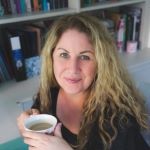
Becky Grace is a children’s fiction editor and proofreader, working on all genres and specialising in middle grade and YA fiction. Prior to training as an editor and proofreader, Becky was a teacher for 15 years, a career that ignited her passion for children’s fiction.
 About the CIEP
About the CIEP
The Chartered Institute of Editing and Proofreading (CIEP) is a non-profit body promoting excellence in English language editing. We set and demonstrate editorial standards, and we are a community, training hub and support network for editorial professionals – the people who work to make text accurate, clear and fit for purpose.
Find out more about:
Photo credits: header image by Picsea, girl reading by Johnny McClung, girl choosing a book by Suad Kamardeen, all on Unsplash.
Posted by Belinda Hodder, blog assistant.
The views expressed here do not necessarily reflect those of the CIEP.

